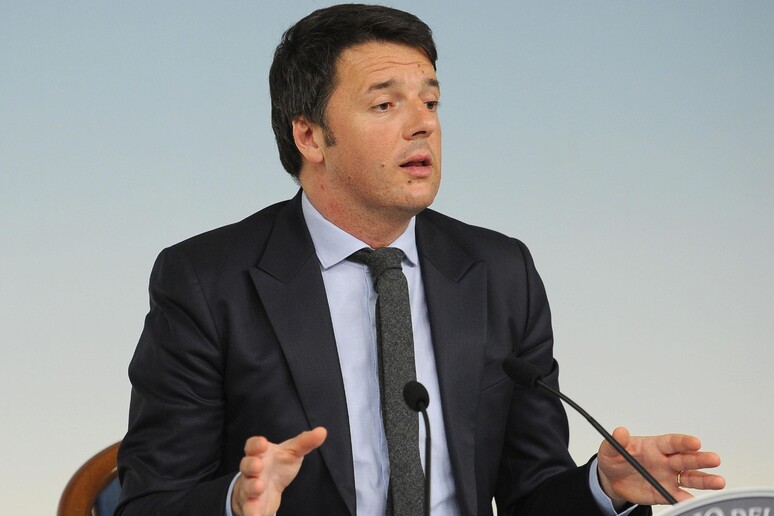The government's long-awaited anti-corruption bill won definitive approval in the Upper House on Wednesday, passing with 165 in favor, 74 nays, and 13 abstaining.
The bill, which had been bogged down for two years, now goes to the Lower House for review.
The biggest novelty is that it reintroduces corporate
accounting fraud as a full-blown crime after a past government
of billionaire media mogul Silvio Berlusconi reduced it to a
non-felony offence with significantly lighter penalties.
Under the new bill, cooking the books is now punishable
with 1-5 years in prison if the crime occurred at a non-listed
company and 3-8 years for publicly traded companies.
As far as defrauding public entities, the bill calls for
the possibility of a plea bargain only in cases in which the
defendant gives back the entire sum of his or her ill-gotten
gains.
It also makes it mandatory for prosecutors trying such
cases to report to the head of the National Anti-Corruption
Authority (ANAC), and for officials found guilty of corruption
to pay a fine equal to bribes received.
The bill also stiffens the penalties for mafia association,
with organized crime bosses and their minions facing up to 26
years in prison if convicted.
The bill "cracks down on mafia crimes, (reinstates the
crime of) false accounting, and stiffens penalties for
civil-service corruption," Renzi said on Twitter.
"Of course I'm satisfied, as victory was not a given," said
Justice Minister Andrea Orlando.
"My only regret is the vote on such an important issue was
not unanimous". There is no time for resting on laurels as the
fight against corruption must go on, he said.
Italy has seen a series of graft probes involving all major
parties in recent years, prompting ANAC chief Raffaele Cantone
to say the fight against corruption is "just as vital" to the
nation's future as the one against the mafia.
Graft probes, often involving illegal party funding and bid
rigging, have touched all political sides, while kickback
investigations have reached to major prestige projects like this
year's Expo world's fair and Venice's MOSE flood barriers.
Leftwing cooperatives have been involved in some of the
cases, including embezzlement at Italy's oldest bank Monte dei
Pachi di Siena and a probe that unearthed a mafia-like crime
organisation in Rome that claimed to be making more money out of
Roma and migrant facilities than it could have out of drugs.
More recently a huge public-works graft scandal, where
costs were inflated by 40%, led to the resignation of
Infrastructure Minister Maurizio Lupi even though he was not
under investigation.
In the most recent case - a major probe into alleged bribes
paid to obtain public contracts on the Bay of Naples island of
Ischia - 10 people were arrested on Monday including the
island's former mayor, Giuseppe 'Giosi' Ferrandino, a member of
Renzi's Democratic Party (PD).
Ferrandino resigned after his arrest.
Corruption is said to cost Italy some 60 billion euros a
year, with the country lagging behind its European and OECD
partners in international corruption perception polls.
ALL RIGHTS RESERVED © Copyright ANSA











